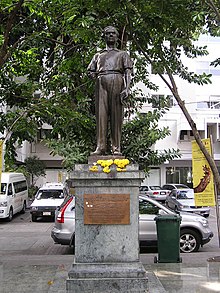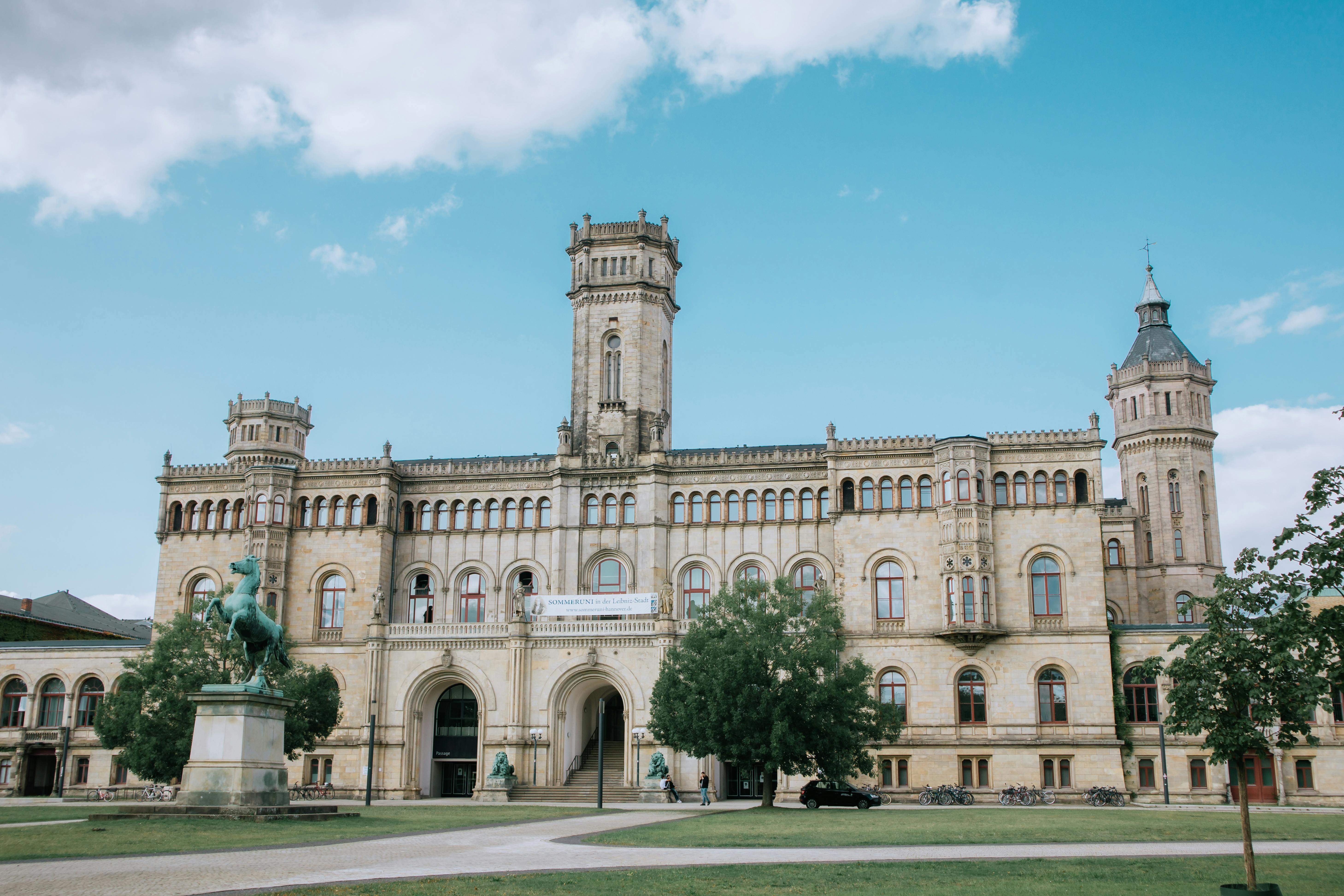 1986: New Data on Yarang Archaeological Site in Pattani, Southern Thailand. 2010: Archaeological Resource Management in Thailand. When deciding what college he needed to go to Lertcharnrit decided to apply for Washington State University and Ohio State University, selecting to just accept enrollment into Washington State college as a result of important standing of one of many professors, William D. Lipe, in the sphere of cultural useful resource management. He has additionally obtained numerous international visiting scholar awards from the University of Otago, New Zealand, the National Science Foundation, North Carolina State University, Swedish Institute (Sweden), the French Ministry of Foreign Affairs, France, German Academic Exchange Service Fellowship (Germany). He is concerned with numerous interdisciplinary research collaborations with international scholars, as exemplified by his work with American archaeologists from Eckerd College and North Carolina State University on the Promtin Tai site, a historic and prehistoric cemetery in central Thailand. Professor Lertcharnrit presents the results of his research to both academic and public audiences, in each Thai and English. He specializes in southeast Asian archaeology and the general public education and perception of archeology, with a give attention to public Thai cultural heritage. 2017: Challenging the Agricultural Transition Models of Prehistoric Human Health Change: Insights from Infants and youngsters from Southeast Asia.
1986: New Data on Yarang Archaeological Site in Pattani, Southern Thailand. 2010: Archaeological Resource Management in Thailand. When deciding what college he needed to go to Lertcharnrit decided to apply for Washington State University and Ohio State University, selecting to just accept enrollment into Washington State college as a result of important standing of one of many professors, William D. Lipe, in the sphere of cultural useful resource management. He has additionally obtained numerous international visiting scholar awards from the University of Otago, New Zealand, the National Science Foundation, North Carolina State University, Swedish Institute (Sweden), the French Ministry of Foreign Affairs, France, German Academic Exchange Service Fellowship (Germany). He is concerned with numerous interdisciplinary research collaborations with international scholars, as exemplified by his work with American archaeologists from Eckerd College and North Carolina State University on the Promtin Tai site, a historic and prehistoric cemetery in central Thailand. Professor Lertcharnrit presents the results of his research to both academic and public audiences, in each Thai and English. He specializes in southeast Asian archaeology and the general public education and perception of archeology, with a give attention to public Thai cultural heritage. 2017: Challenging the Agricultural Transition Models of Prehistoric Human Health Change: Insights from Infants and youngsters from Southeast Asia.
His topical interests are numerous and embody the development of complexity in southeast Asia, metallurgy, mortuary studies, isotope analysis, shell production and exchange, amongst different matters. Abstract In this thesis I purpose to shed gentle on how environmental engagement can unfold in Thailand – in an authoritarian regime with insufficient waste administration infrastructure and lack of nicely-organized environmental laws. Within the thesis last remarks, I finish with a discussion of the events as websites for a possible reimagining of ‘Thainess’ in relation to environmentalism by drawing on Victor Turner’s liminoid occasion. He decided on pursuing an archeology degree due to the various archeological websites round his village, a fact that will enable him to return to work there whereas also being considered one of the primary archeologists from the northeast of Thailand. 2002: The Chronological Order of Archaeological Sites in the Pa Sak River Valley, Central Thailand: A View from Ceramic Seriation.
After graduating from Matthayom Plai he wished to be able to go to college in Bangkok, and although it was very expensive to reside there his father stated he would promote their cattle and land in order to permit him to afford to stay there. This continued for a complete of eight years until he was informed by certainly one of his former professors at Silpakorn University of a scholarship to enroll at a master’s program in one of five overseas countries (USA, England, France, Australia, and Canada), although there was only one out there position for archeology college students. By drawing on Thomas Hylland Eriksen’s evaluation of environmental engagements in Gladstone, Australia, I assess in each abovementioned case, what kind of environmental engagement is practiced and their degree of ambivalence in confronting a double bind. In this regard, I examine five typologies of environmental engagements that I noticed in the field, and its level of inherent ambivalence in addressing the double bind.
 The double bind when performing Thai environmentalism, I argue all through this thesis, is as an environmentalist being acute to the truth that without being able to scrutinize the authoritarian Thai leadership in a call for systemic change and end to corruption, the environmentalists’ efforts might all be in vain. Furthermore, I focus on the Thai academic system in relation to Thai conceptions of environmental problems by drawing on interviews with informants and interlocuters. Thanik Lertcharnrit (Thai: ธนิก เลิศชาญฤทธ์, formerly Sawang Lercharnrit; born 1964) is a Thai Archeologist and Anthropologist and Professor at Silpakorn University. 2020: Heritage Management, Education, and Community Involvement in Thailand: A Central Thai Community Case. 1999: Prehistory of Thailand: 12 Years after Chin Youdi. 2006: Late Prehistory in Thailand: Recent Evidence from the Central Region. Archaeological Evidence of Prehistoric Diseases: A Review.
The double bind when performing Thai environmentalism, I argue all through this thesis, is as an environmentalist being acute to the truth that without being able to scrutinize the authoritarian Thai leadership in a call for systemic change and end to corruption, the environmentalists’ efforts might all be in vain. Furthermore, I focus on the Thai academic system in relation to Thai conceptions of environmental problems by drawing on interviews with informants and interlocuters. Thanik Lertcharnrit (Thai: ธนิก เลิศชาญฤทธ์, formerly Sawang Lercharnrit; born 1964) is a Thai Archeologist and Anthropologist and Professor at Silpakorn University. 2020: Heritage Management, Education, and Community Involvement in Thailand: A Central Thai Community Case. 1999: Prehistory of Thailand: 12 Years after Chin Youdi. 2006: Late Prehistory in Thailand: Recent Evidence from the Central Region. Archaeological Evidence of Prehistoric Diseases: A Review.